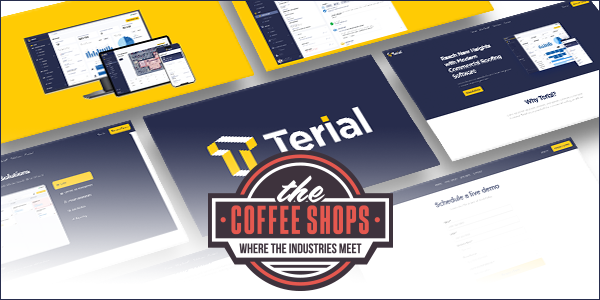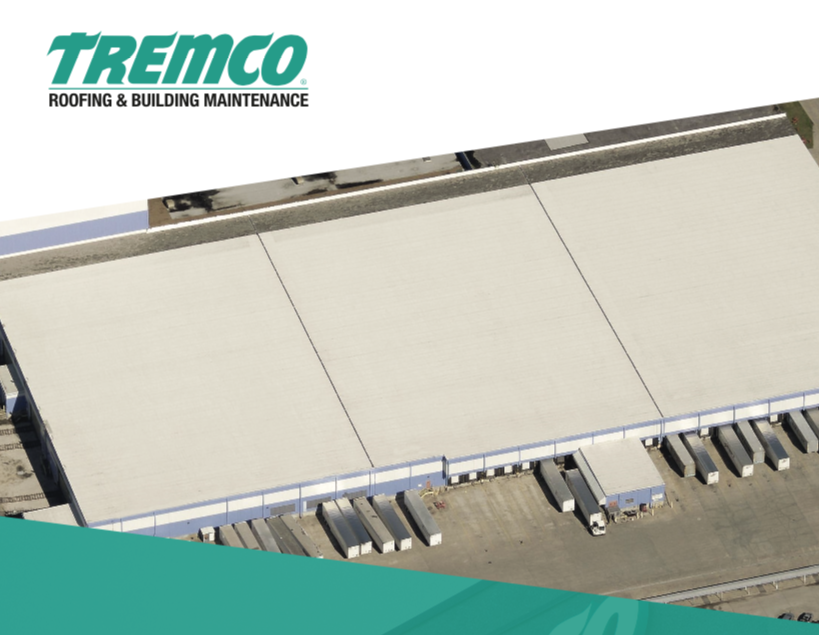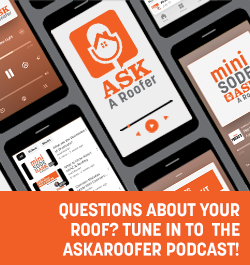What is Stop-Loss Insurance?

By Colin Sheehan, RCS Reporter.
If you’re thinking of trying a self-funded insurance plan for your employees, make sure you understand what stop-loss is and how it can protect you from detrimental loss.
A stop-loss insurance policy is utilized by employers who self-fund their employee benefit plans to protect their company against unpredictable or devastating loss. Also known as excess insurance, stop-loss insurance allows employers to not assume 100% of the liability for losses that exceed their deductible. Once the deductible or set limit is breached, the insurance company becomes liable for losses.
“Stop-loss insurance is exactly what it sounds like, stop the loss. It essentially governs your exposure and it caps your risk as an employer,” said Ted Ryan, the Executive Vice President for business development for Vault Strategies and Program Manager for the NRCA health insurance program, during a Roofing Road Trips podcast. “Typically, when an insurance company is rating a group or a rate they'll look at the experience of the group. Then they'll say, what do we expect for this group based on that information to spend next year? And they'll put a number on it, and then they'll add 25% to that number.”
If you don’t hit the insurance company’s predicted number, as a self-funded employer, you will have an opportunity to get your money back. If you spend more than the projected amount, with a stop-loss policy the insurance company will cover the rest.
There are two kinds of self-funded insurance:
-
Specific stop-loss – Also known as individual stop-loss, this protects against an abnormal or an especially severe single claim on an individual.
-
Aggregate stop-loss – This creates a cap for the total dollar amount an employer would pay for all eligible expenses during a contract period (usually one year). At the end of the contract period, the employer would be reimbursed by the carrier for aggregate claims. An aggregate is a decided limit or maximum reimbursement amount an insurer would pay back for losses during a contract period.
Variations exist for each of these products, and customizable insurance plans are often available for interested contractors.
“Within the two different types of self-funding products, generally, there are larger plans for groups that are 100 or more, with a stop-loss policy in place that caps the monthly exposure per employee, as well as the aggregate exposure of the plan over a period of time. With a smaller group, basically under 100, you have what are called level-funded plans. They are also a self-funded product,” said Ted.
Listen to the entire podcast to learn more about stop-loss and other important elements included in self-funded insurance policies.























Comments
Leave a Reply
Have an account? Login to leave a comment!
Sign In